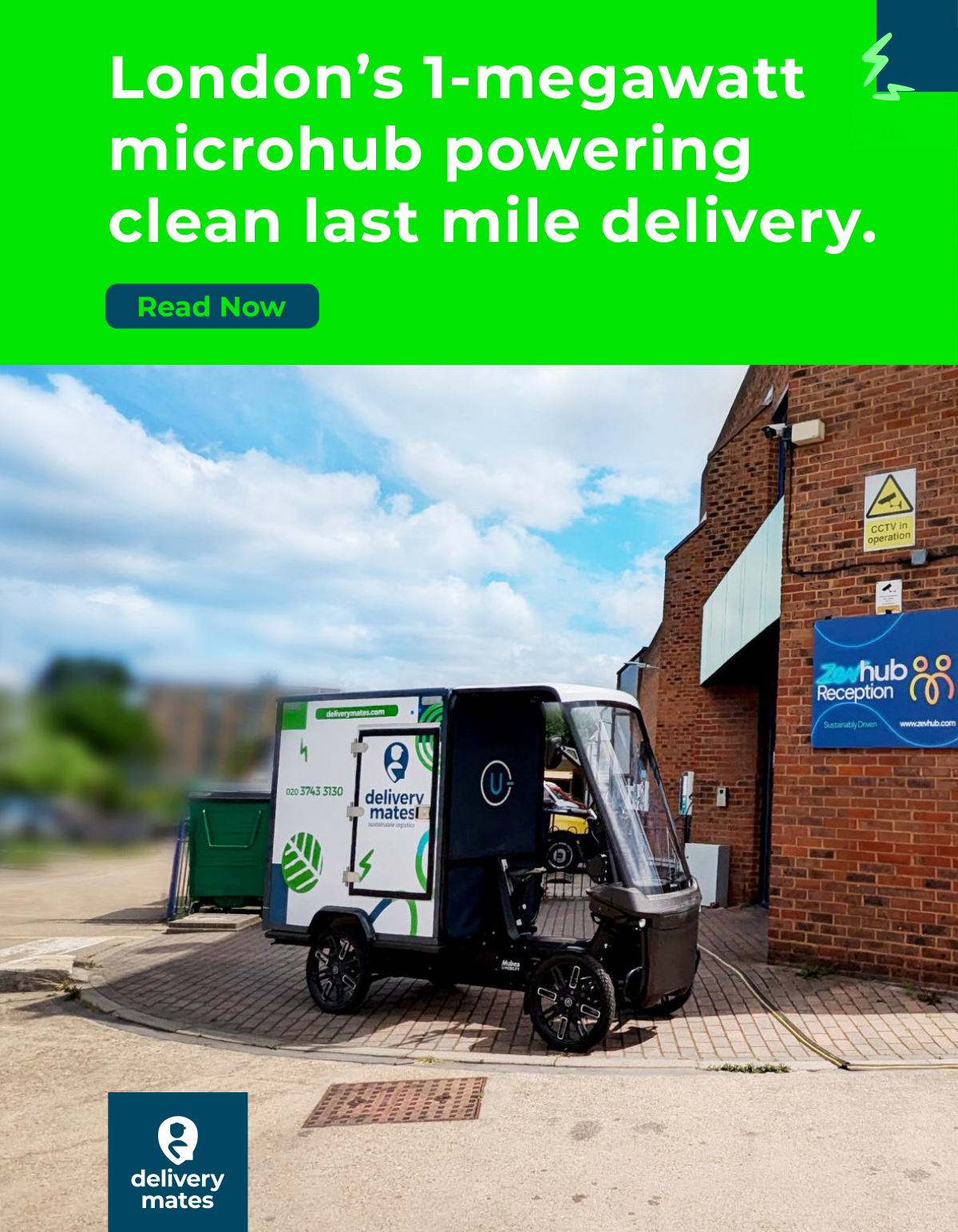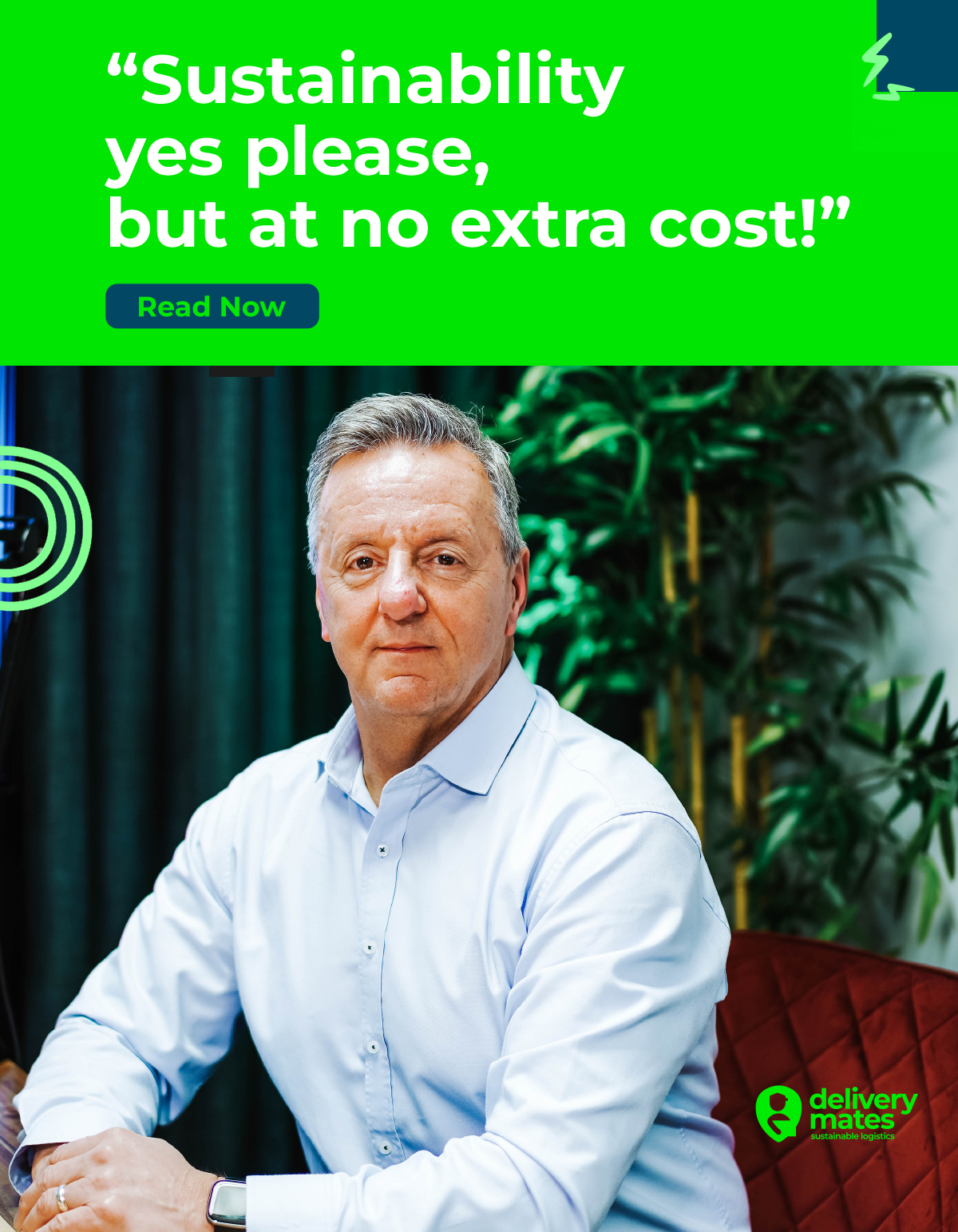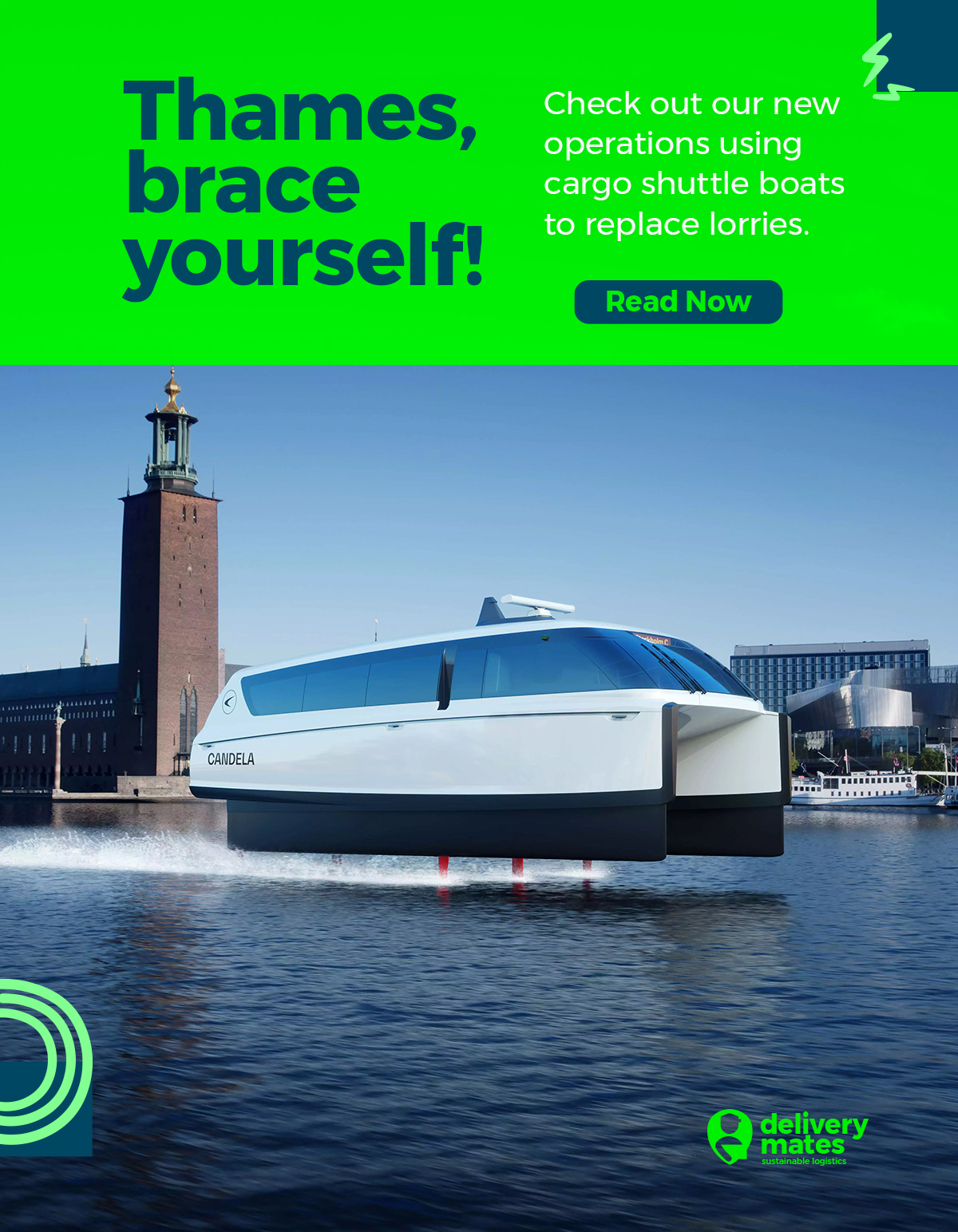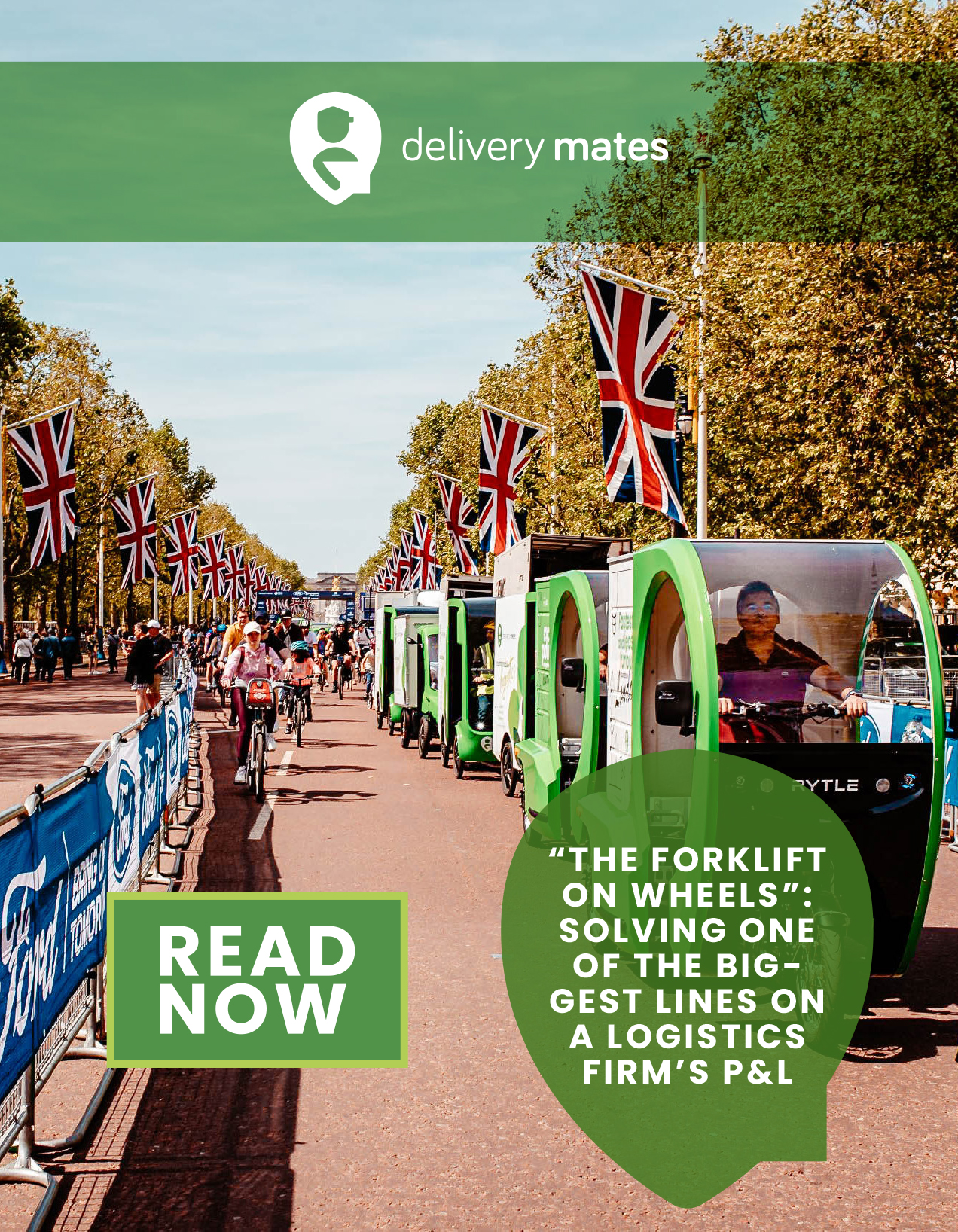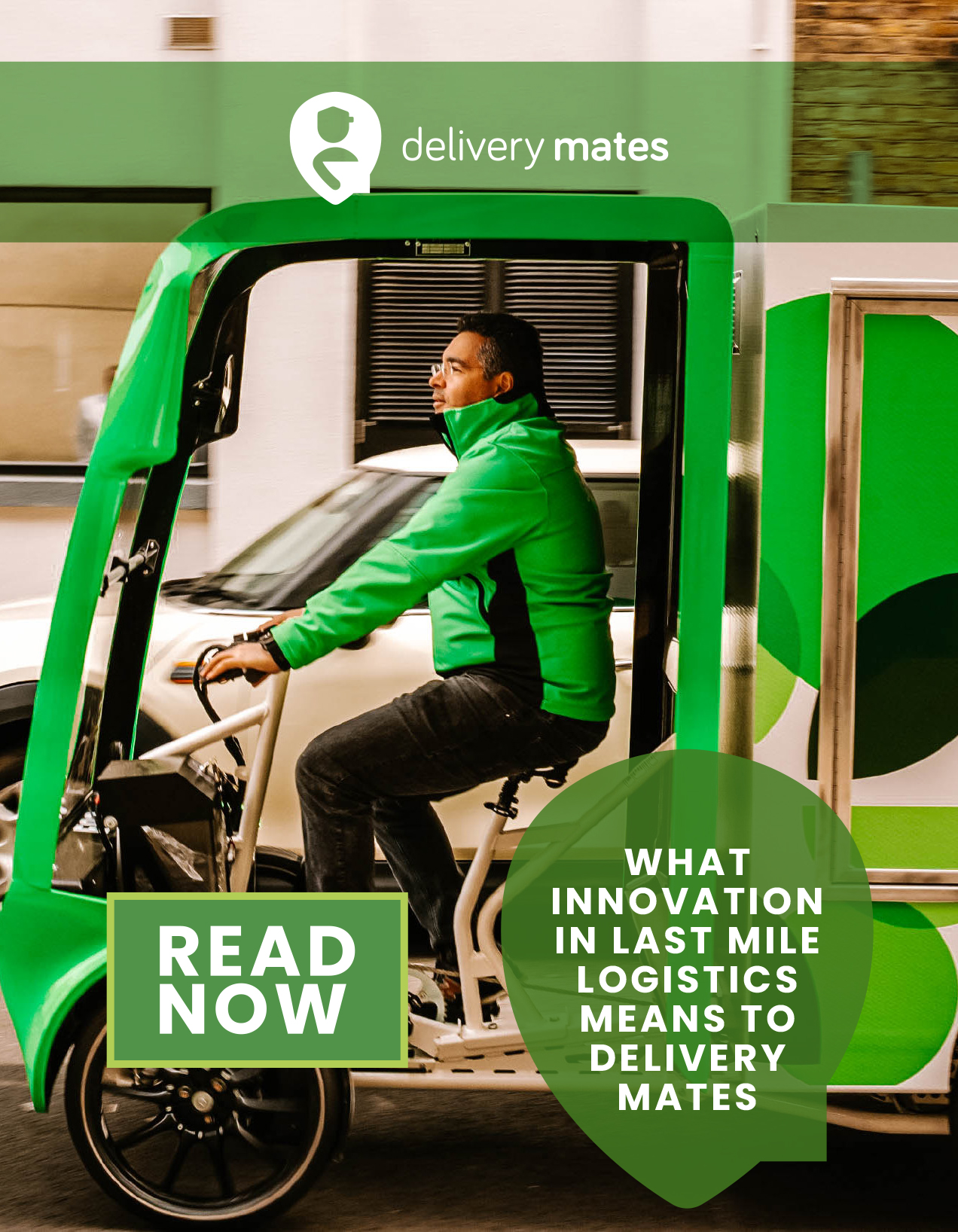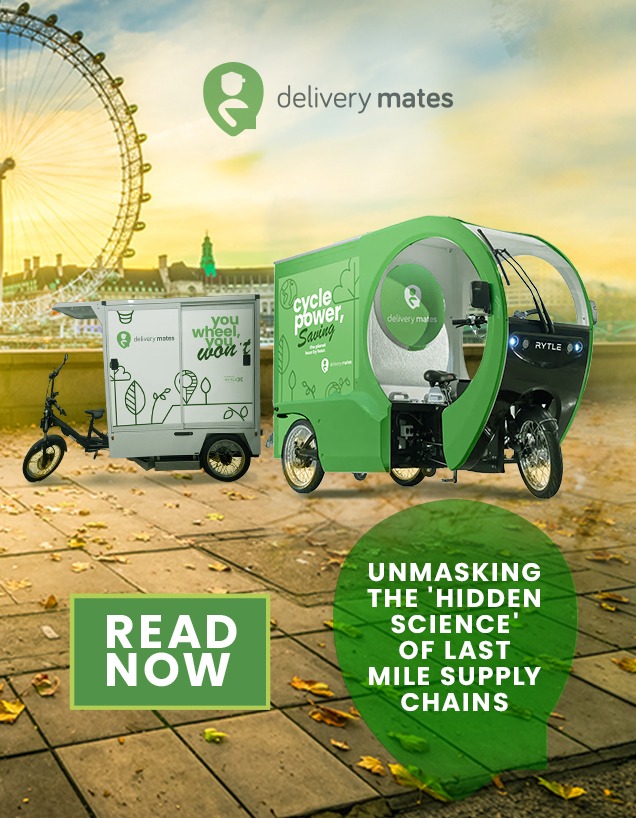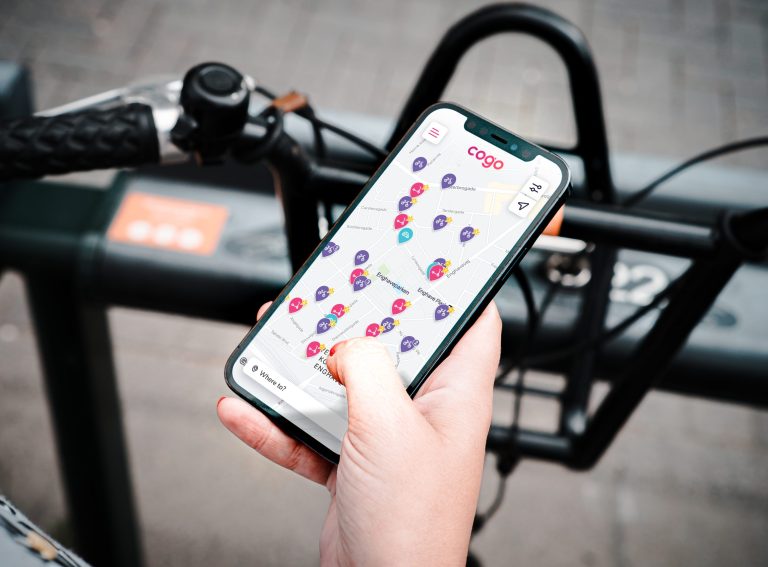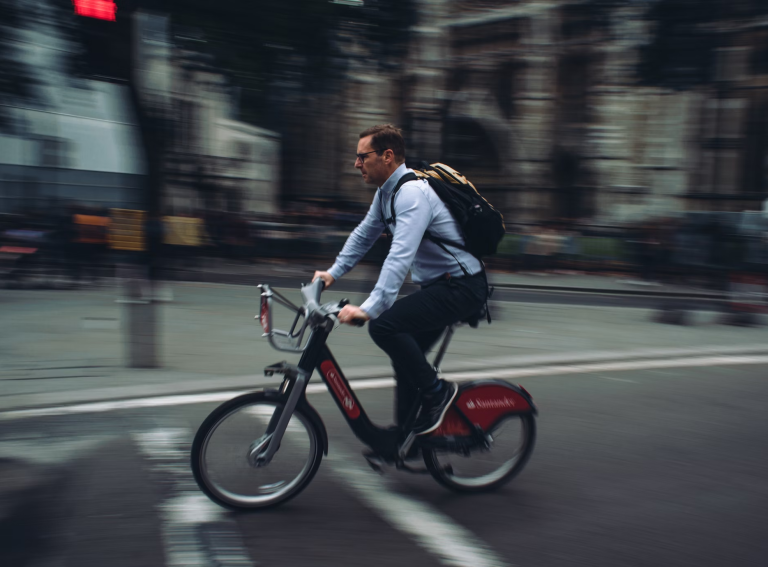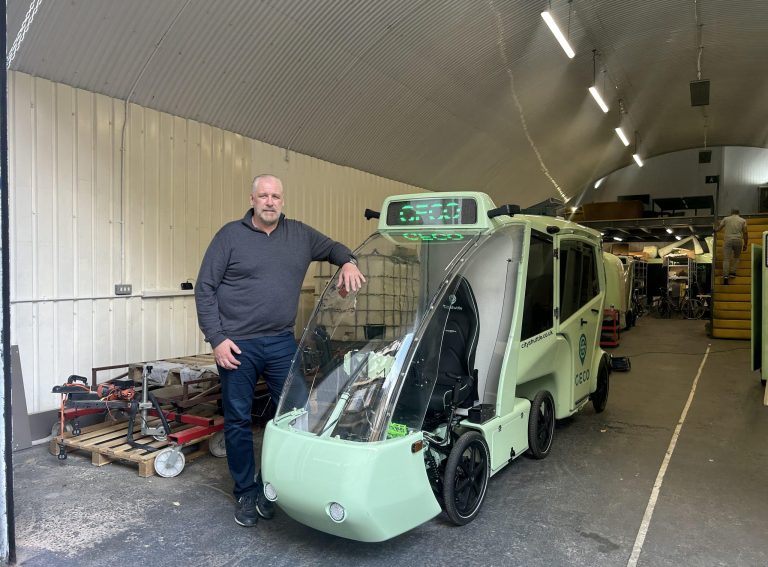Industry experts, entrepreneurs and advisors gathered in London last night to discuss the secrets behind cracking profitability in the new mobility industry.
The exclusive mobility-focused event, which was organised by European investment bank Bryan Garnier and Zag Daily, took place in Mayfair and opened with a Keynote from Bryan Garnier’s Head of Mobility Florent Roulet.
A panel of five mobility leaders then took three topics in turn: the true meaning of profitability, the role of investors and venture capitalists, and why hardware is a hard sell.
“Everybody should come out of this event optimistic,” Florent said. “Consolidation is happening, new players are emerging, and there is capital out there for mobility companies. The recipes of a successful business model are becoming clearer. We’re asking the panel tonight, what are those recipes?”
For Beryl’s Chief Financial Officer Shelley Hutchinson, the recipe for profitability is a positive EBITDA.
Speaking on the panel, Shelley said: “EBITDA is more of an internal measure and to a certain degree it can be manipulated depending on capital and development spend. Being EBITDA positive is so important especially when talking to debt investors because it’s the metric that shows how you’re going to cover your debt.”
EBITDA is also the goal for Forest Founder Agustin Guilisasti, and the operator’s unique advertising business model is what helped cruise it to profitability last year.
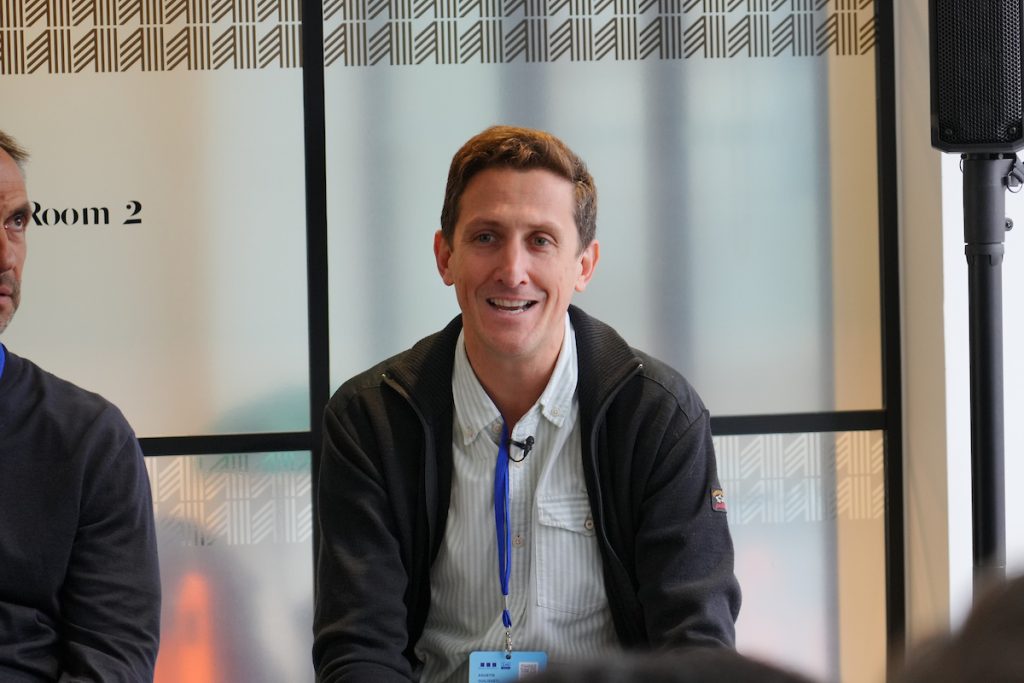
“We’re the Spotify of micromobility. We use advertising to sponsor 10 minutes of free riding daily for every user, and we have more than 100 brands sponsoring this,” Guilisasti said.
Though Forest has clearly done something right to have become one of the few profitable micromobility companies globally, Mobility Advisor Stella Penso gave a general warning about the risks of discounts if not used strategically.
Penso said: “After a while, spreading discounts can become poisonous because users can start to expect them from you. It becomes a crutch if you aren’t able to sell the service without a discount.”
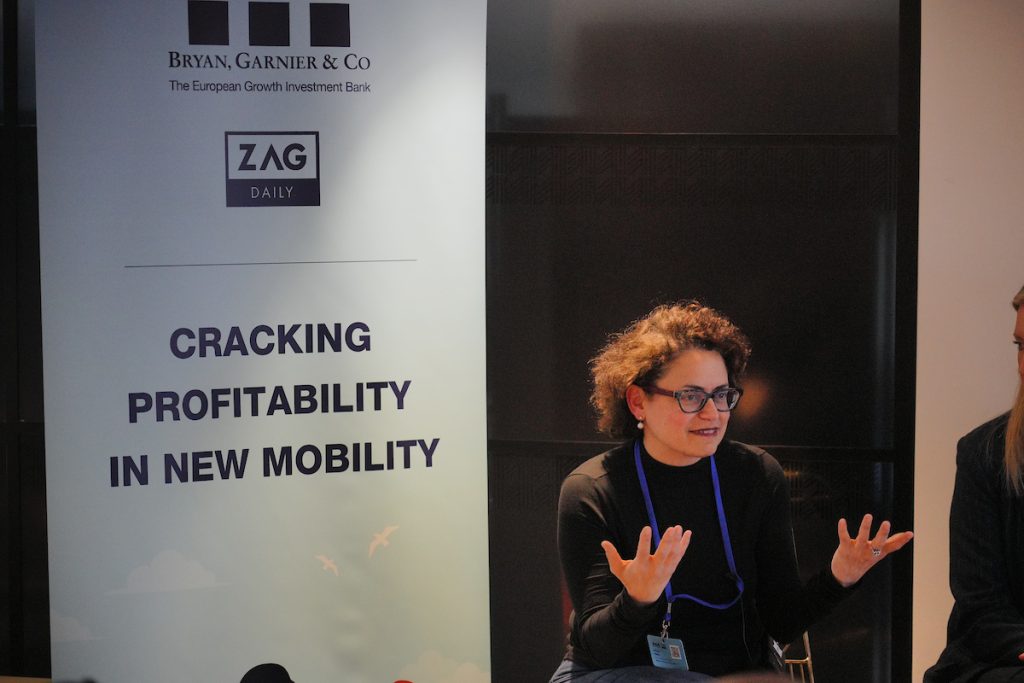
For Intermobility Co-Founder Lukas Neckermann, the core foundation that profitability is built on is the relationship between a mobility company and its board.
“It doesn’t matter what I believe about profitability or what anyone else believes,” Neckermann said. “If you’re a startup, what matters is what your board believes. The interactions that you have with your board and the KPIs that you agree are the most important conversations you’ll have. If the board agrees to profitability in two years and continues to support you during that time, then that’s what matters.
“The relationship between you and your board is crucial and I appeal to everyone to stay in contact with your board and make sure you’re picking the right metrics.”
Neckermann also says mobility companies need to be honest with investors, shareholders and users about what they usually are: hardware companies.
“If you’re a micromobility provider, then you’re usually an operations or a hardware company. Look at your balance sheet – it’s hardware. You should be very honest with your shareholders and investors about how you value that hardware otherwise you’re setting yourself up for disaster.”
On why hardware is a ‘hard’ sell, Pure Electric Founder Adam Norris told the panel about the focus on the capital-intensiveness of the industry and the difficulties of making investors fully understand a company’s business model.
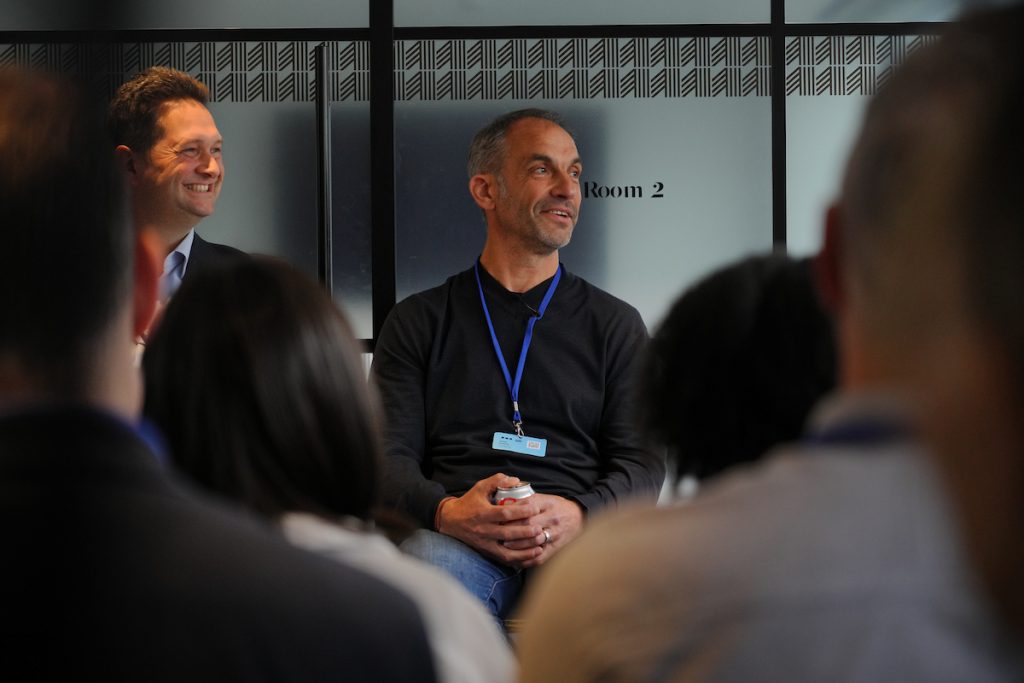
Scaling up is particularly hard when you can’t sell your own products on your home turf, Norris said, but the Bristol-based founder is also confident that the UK will become the biggest scooter market in Europe once it legalises e-scooters.
“We’ve sold 100,000 scooters in a market that’s not legal and it makes you think what it would be if it was legal,” Norris said. “We already have a high adoption rate when it’s not even permitted to ride them on the streets.
“The UK will go from being behind to becoming number one.”
Though it’s safe to say that the UK has faced regulatory hurdles, an undeniable negative sentiment around mobility exists everywhere according to Florent. While external factors such as COVID-19, inflation, and the Ukraine war have admittedly had a large impact on businesses, the industry has also seen several key players struggle to raise capital and go bankrupt such as Bird, Cityscoot, Superpedestrian and Cake.
But the panel said it’s time to quash that sentiment.
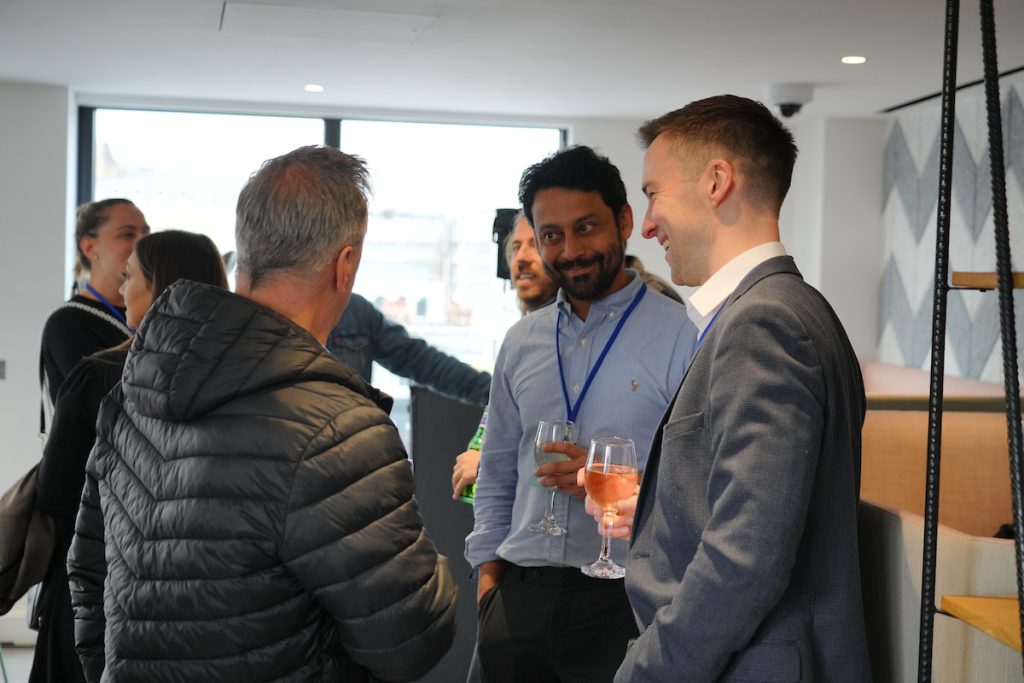
“Those being critical of new mobility business models are impatient. In the grand scheme of things, this is a very new industry,” Penso said.
“Operators, manufacturers, and users are all learning how to use it, when to use it, and how to feel comfortable with it. The different business models haven’t settled yet, but they will. There won’t be life without micromobility so it’s just a matter of time.”

